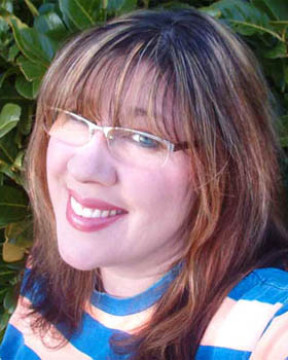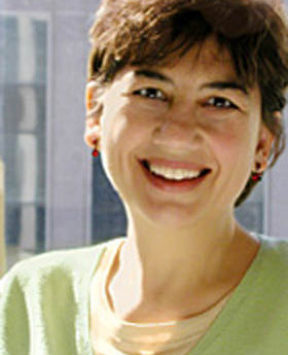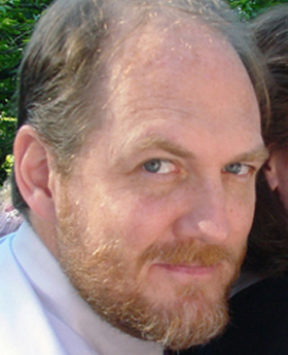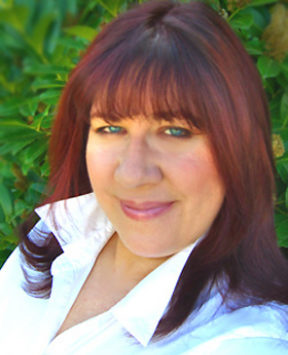Technology and the Internet are changing the face of radio in one very specific way: HD Radio. While this new developmeent is has made ground in the industry, most people have yet to really learn about it. Seattle radio station KISW-FM 99.9 boasts it is one of the first stations in the country to broadcast in high definitiona quality that eliminates static, hisses, pops, and fades that can be heard on traditional radio. Indeed, HD Radio makes FM radio sound like you’re listening to a compact disc.
Mark Ramsey, founder and president of Mercury Radio Research, explains what HD radio is and if you should care.
DANA GREENLEE: What is Mercury Radio Research?
MARK RAMSEY: The Web site is MercRadio.com. We are a company that does audience research and marketing strategy for radio stations and others in the world of audio. We do the how to get more listeners type of research.
GREENLEE: Lets talk about a new technology that is rarely discussed digital radio.
RAMSEY: Theres no research at all being done in the area right now because its so new. At this point, the stations are in the middle of doing their agreements in building up the technological capabilities so they can provide what the industry calls HD Radio. It will be talked about at some point in the near futureI think the very first one was just flipped on a week or two ago.
GREENLEE: What is HD Radio? I know the BBC calls it something different than what we call it in the United States.
RAMSEY: Thats because HD is such a horrible name. It implies high-definition, which is an acoustic distinction and, to most people, FM radio has a pristine sound already. They dont realize theres a higher ground to be had because, once you get past a certain quality level, no one notices anymore. Thats why the satellite signals have really reduced their audio quality in order to create room for more channels.
GREENLEE: If quality isnt really that important to the average listener, will digital radio have any traction for the future?
RAMSEY: Not only would HD increase the audio quality of the AM stations, but it would magnify the number of possible FM stations by a factor of about six. All the AM stations are better off, but now there are six times the amount of competitors for FM. The real issue is if the audio quality is an audience benefit at all. And by benefit, I mean something that will result in me purchasing a radio.
GREENLEE: That begs the question: is this an important development for radio or wishful thinking on the part of the industry?
RAMSEY: I think its completely wishful thinking. Im not, in any way, dismissing the concept of HD radio. It provides a lot more choice, better audio quality, the opportunity for more digital data servicestraffic, news, weather, artist, title. But once you get past all that, you think digital data services are available in other ways before HD radio is widely available. By the way, HD radio isnt available at all yet. Its really too new. The question is, What problem does HD radio solve for me. ? And then, How am I suppose to get my hands on one, given its going to cost me $100-$200 to pay for one? Why would I want to do that? I dont think people will. If it ends up being in a car I buy, Ill use it. People argue that greater choice will get me to buy it. The evidence indicates theres really not that much appetite for greater choicenot on a mass level. What you want isnt increased choice. What you want is your choice.
Dana Greenlee is co-host/producer of the WebTalk Radio, a Tacoma-based radio and webcast show featuring technology news and interviews.







